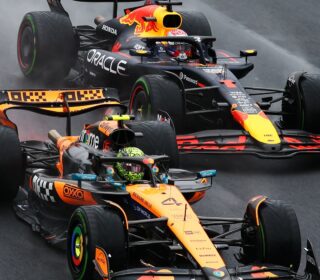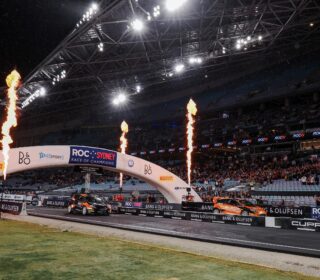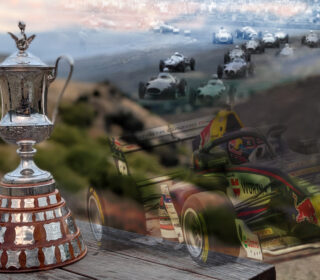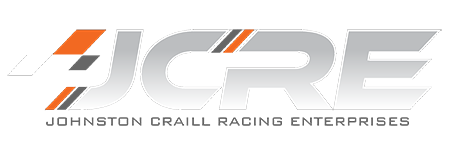How to become a Motorsport Journalist
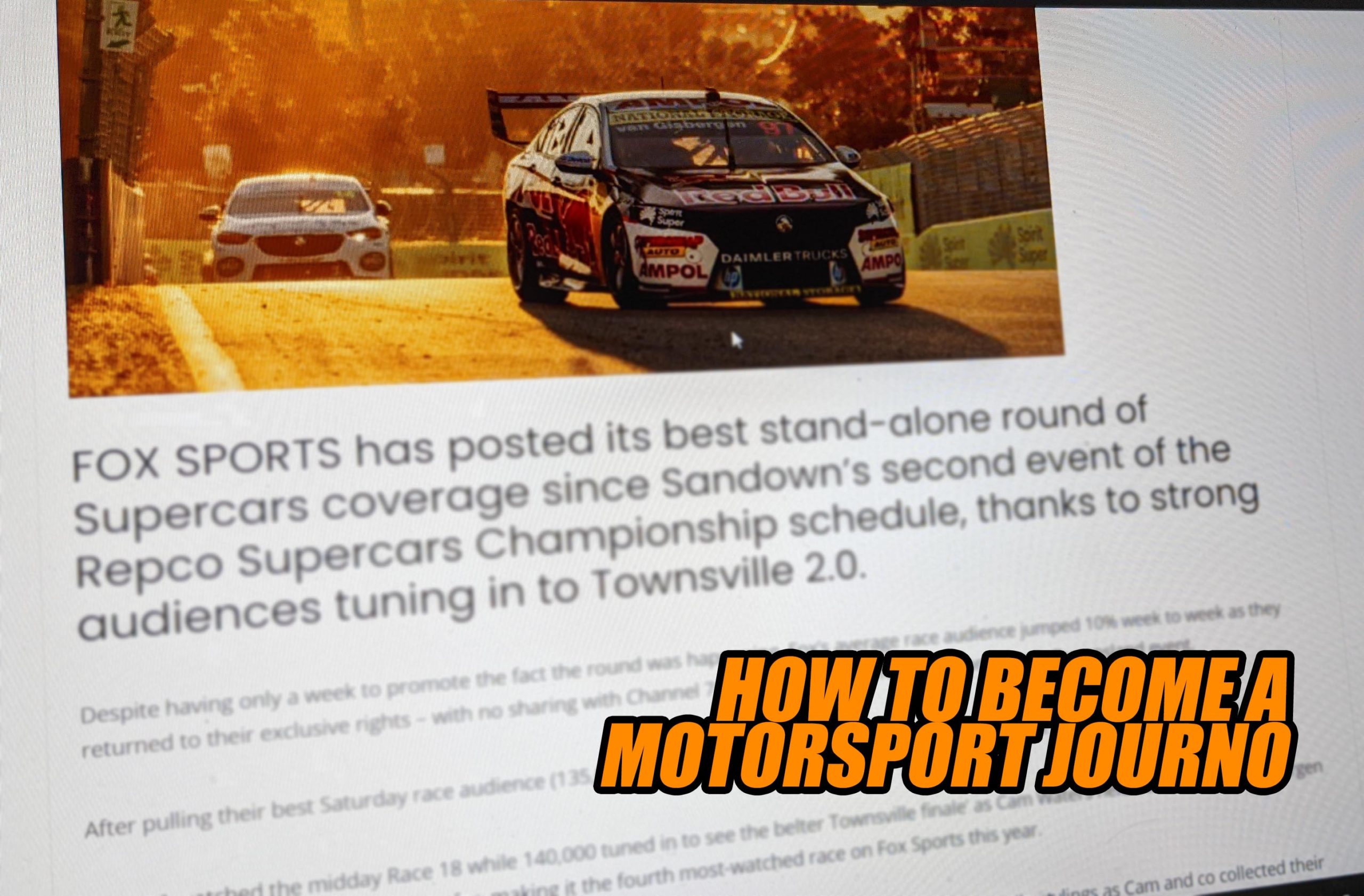
DO YOU love motorsport? Want to talk or write about it for a living? Can you string a sentence together? In that case, you might be interested in becoming a motorsport journalist. We sent our own trainee journo, Liam Webster-McAllister, to find out how an established member of the motorsport media has got this far..
“There are so many jobs out there and this has got to rank up there for one of the more fun ones.”
The chances are that if you keep on top of motorsport news, there is a good chance you have come across Motorsport.com.
Motorsport.com is the world’s largest Motorsport news website and is part of the Motorsport Network company. Across its 22 editions, The Motorsport Network has a potential audience of 4.3 billion people.
Heading the Australian end of Motorsport.com is experienced journalist Andrew van Leeuwen.
An award-winning journalist and currently the Australian Editor of Motorsport.com, Andrew has been covering the sport for over a decade. He spent three years in Germany reporting on a variety of motorsports before returning home and is also part of the highly successful ‘Below the Bonnet’ podcast.
Andrew is a motorsport fanatic who commits his work to keeping people informed on what is happening in the sport.
But how can you transform a passion for the sport into a job?
Getting a foot in
We spoke to Andrew about his route to becoming one of Australia’s leading motorsport journalists and what it takes to make it.
Andrew opened up on the highs and lows of his career and the took us through his journey from a kid in ‘semi-rural Western Australia’ to interacting with some of the biggest names in motorsport.
Andrew seemed set to end up in motor racing in some capacity, his father and uncle were huge presences in the Western Australian motor racing scene.
“I grew up in a family that was heavily involved in motor racing, dad raced Formula Fords here since the early 1980s and was the chairman of the Australian Formula Ford Association,” Andrew said.
“He was heavily involved in running the national championships and is a life member of the Formula Ford Association. And my uncle was the operations manager for Rally Australia for many, many years.”
Andrew was so heavily involved in the sport he said, “I don’t really remember a time when there wasn’t racing cars around.”
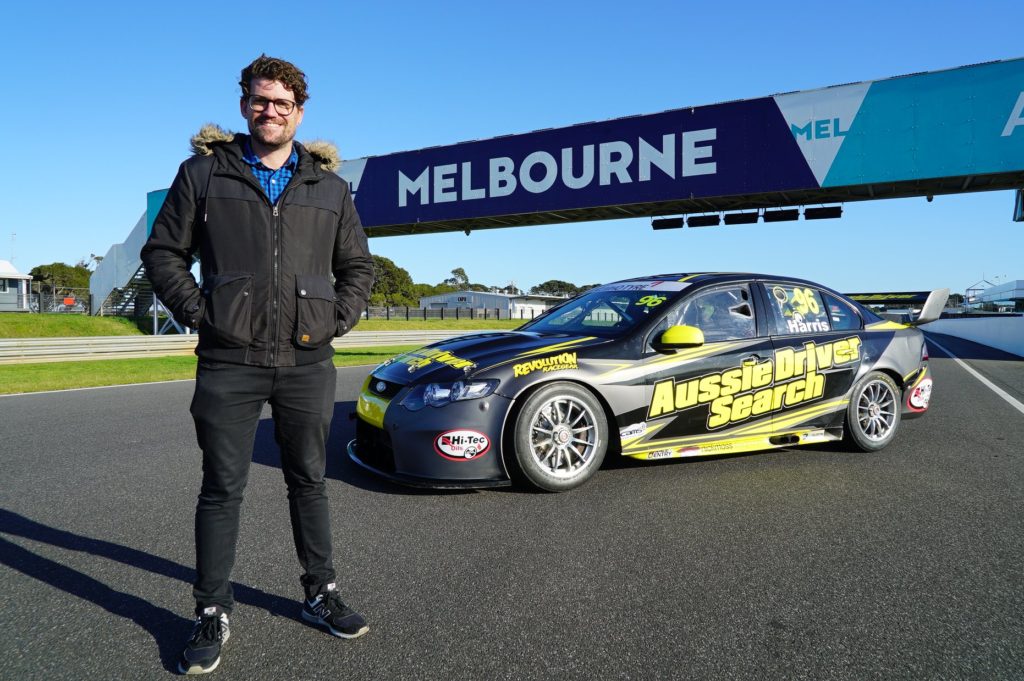
And like most young kids he had his own aspirations of making it as a pro athlete. However, after working with professional drivers and developing a better understanding the sport, he realized becoming a professional driver was unlikely.
So, he sought other ways to be involved in the sport as a career.
“So, I had to think about other ways I could make a living in motorsport and journalism kind of emerged as the best way to go about it.”
Andrew attended university and got all the necessary qualifications to make it as a journalist, but he says his first job was not because of any degree he received instead it was because of his eagerness.
“Doing the study at university helps set you up, but doing the work is also important. And it might seem silly but just wanting to help is one of the main ways to get started in the industry.”
His first job was at Motorsport News magazine. Andrew reached out and asked if they wanted some coverage of races in his home state. Turns out they did – and the door was opened.
He highlighted that there are people out there that need content and will accept your help.
The work he did for them from his home in Perth would lead to him getting a job in Melbourne, which he recalls as one of the challenging moments in his career.
The challenges and rewards
“I was 20 years old when I finished university and I got offered a job in Melbourne. So, I packed up my car like two days after I got the job offer and drove across the Nullarbor and moved to Melbourne,” he said.
“As a 20-year-old who had been living at home in semi-rural Western Australia, that was a challenging time.”
While it was difficult being away from his family, he highlights it as one of the most rewarding experiences of his career; making lifelong friends and gaining crucial experience.
Andrew highlights relationships and personal life as one thing that you need to accept is going to be sacrificed to some capacity in your pursuit to be a journalist in any field.
“You are going to work a lot of weekends; it is going to take its toll on your personal life. I know people who have worked in sports and got out of it because they wanted their weekends at home with their families. And to not miss out on kid’s birthdays and cousin’s weddings, but the calendar’s there and you can’t miss out on rounds,” he said.
“You just got to accept that’s part of the job, and there’s no real way around that. And if you can accept that that is a big step in the right direction. Sport will encroach on your personal life because it happens on weekends, that’s just how it is.”
The pay is also something you must accept. Andrew highlighted that a career in journalism in most cases is not going to make you rich. Broadcasting is where the big dollars are, however, other fields do not pay as well.
(A note from Editor Craill: Big dollars? That’s a very journalist-centric viewpoint of the commentator life!)
Regarding skill: attention to detail is something that you need as well in this industry.
Andrew highlighted colleagues who have helped him develop those skills over time, but he also stressed that to make it at this job you need to always be thinking about other ways to approach things; finding different people and questions to ask in order to make the most of the experience.
In this field you will also often find yourself ‘treading on people’s toes.’ He believes this is necessary because if you are not doing it sometimes you probably are not pushing hard enough and asking the tough questions.
Van Leeuwen recalled being caught up in a feud between David Reynolds and Scott McLaughlin – through association, not because of anything he did, and he says that hurt his relationship with the latter.
But one of the bonuses of the job is getting to know the athletes on a personal level.
“The thing is you very quickly forget they are drivers; they are just people, they are completely normal dudes who just have an extraordinary skill, which is super cool, but you end up talking to them like completely normal people.”
You need to be open to change and not being stuck in your own perceptions. He said you might realise sometimes people you did not like as a fan are nice people and sometimes ‘people you idolize turn out to be absolute wankers.’
And finally, he highlighted that travelling, if that is your thing, is a huge bonus of the job.
“(There are a) Million and one highlights, many of which shouldn’t be on the record, but being able to travel with mates and be paid for it at the same time is great. You work hard but have fun along the way.”
Liam Webster-McAllister is a RMIT journalism student, currently in the final stages of his course. He’s joined TRT as part of the university’s work placement program.



